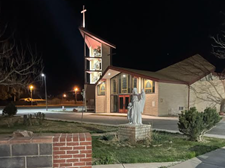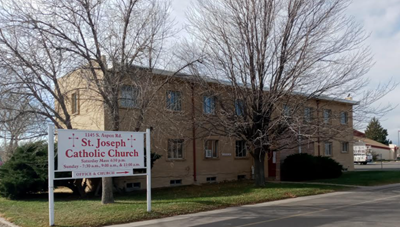Sometimes we get so accustomed to doing something—like going to Mass—that we never get around to asking the questions we have about it. Chances are you have a few unanswered questions about the Mass, or you may know someone who has questions. Here's a closer look at some of the things many people ask about the Mass.
How would I explain what the Mass is to non-Catholic friends?
You can tell them the Mass is our central form of worship because it unites us the Jesus Christ in his saving death and by the grace of the Holy Spirit draws all of us into deeper communion with him and with one another.
Why do we have a Mass?
We celebrate the Mass because Jesus asked us to do this when he instituted the Eucharist at the Last Supper. St. Paul tells us that Jesus took bread, gave thanks, broke the bread, and said, "This is my body that is for you. Do this in remembrance of me." Then he took a cup of wine and said, "This cup is the new covenant in my blood. Do this, as often as you drink it in remembrance of me" (see 1 Cor11:23-27). The Acts of the Apostles tells us that the early Christians would gather for the breaking of the bread in remembrance of Jesus' death and resurrection (2:42). They believed (as we believe today) that the bread and wine is transformed into the Body and Blood of Our Lord Jesus Christ.
How does the bread and wine change into the Body and Blood of Christ?
A. During the Eucharistic prayer, the priest asks God to send the Holy Spirit and transform the bread and wine into the Body and Blood of Christ. This is called transubstantiation. It is the conversion of the substance of the Eucharistic elements into the Body and Blood of Christ at consecration, with only the appearances of bread and wine still remaining.
What does the word “Eucharist” mean?
A. The word "Eucharist" is from a Greek word that means "thanksgiving." for us, it is another term used in conjunction with the Mass and holy Communion. When we celebrate the Eucharist, we give thanks to God for the life, death, and resurrection of Jesus.
What do I need to know about the Mass?
A. It's important know that there are different parts to the Mass.




